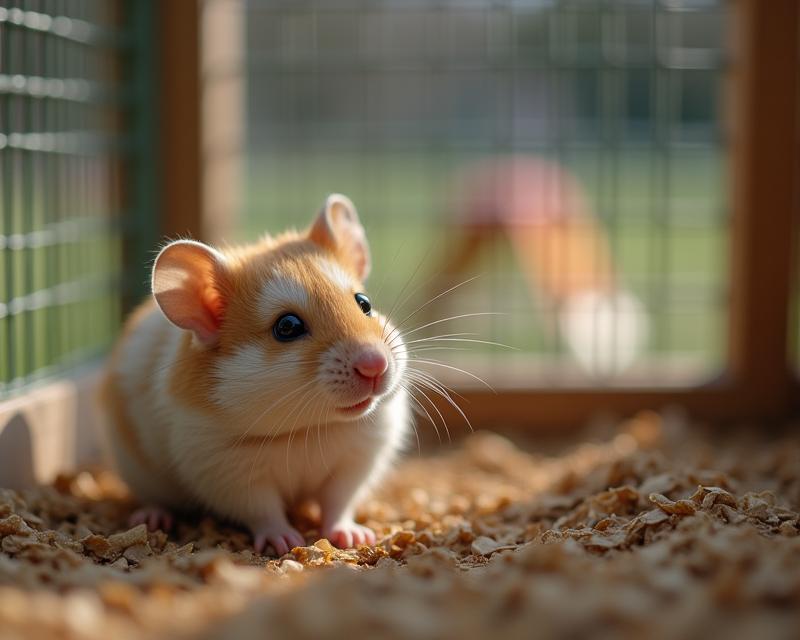Hamster Troubles: Diarrhea After Dog Park Visit?
Publish in Health el 28/06/2025 18:39
My Hamster's Having Digestive Issues! What Should I Do?
Oh no! Discovering your little friend isn't feeling their best is always worrying. If your hamster has suddenly developed diarrhea, especially after a trip to a new place like a dog park agility area, it's important to pay close attention. Let's explore what might be happening and what you can do to help your furry pal feel better.

The most likely culprit in this scenario is something your hamster ingested at the dog park. Hamsters are naturally curious and love to explore! They might have nibbled on grass, plants, or even something a dog dropped – all of which could upset their delicate digestive system. Hamsters have very sensitive stomachs, and changes in diet can easily lead to diarrhea. It’s also possible they ate something toxic, so it's crucial to be observant.
What to Look For
Besides the obvious diarrhea, watch for other symptoms. Is your hamster lethargic (less active than usual)? Are they eating and drinking normally? Are they showing any signs of pain, like hunching over or being unusually quiet? A decrease in appetite, combined with diarrhea, is a red flag. Also, check the consistency of the diarrhea – is it watery, soft, or contain blood? Note these details; they’ll be helpful if you need to consult a vet.
What Can You Do?
- Hydration is Key: Ensure your hamster always has access to fresh, clean water. Diarrhea can lead to dehydration, so encourage them to drink. You can offer water in a bottle or a shallow dish.
- Bland Diet: Offer a small amount of plain hamster food. Avoid treats and anything new until the diarrhea resolves. Boiled plain chicken (unseasoned!) can sometimes help, but offer it sparingly.
- Probiotics (with caution): Some pet owners have success with hamster-safe probiotics. *However*, always check with your veterinarian before introducing any supplements. Too much can sometimes worsen the situation.
- Monitor Closely: Keep a close eye on your hamster's condition. If the diarrhea doesn't improve within 24-48 hours, or if they show any other concerning symptoms (lethargy, loss of appetite, blood in stool), it's time to seek veterinary care.
Preventing future incidents is also important. Always supervise your hamster when they're outside their cage. Avoid letting them roam in areas where they might encounter potentially harmful substances. And remember, a hamster's diet should consist primarily of high-quality hamster food, supplemented with small amounts of fresh vegetables and occasional treats. A little caution can go a long way in keeping your little friend happy and healthy!





